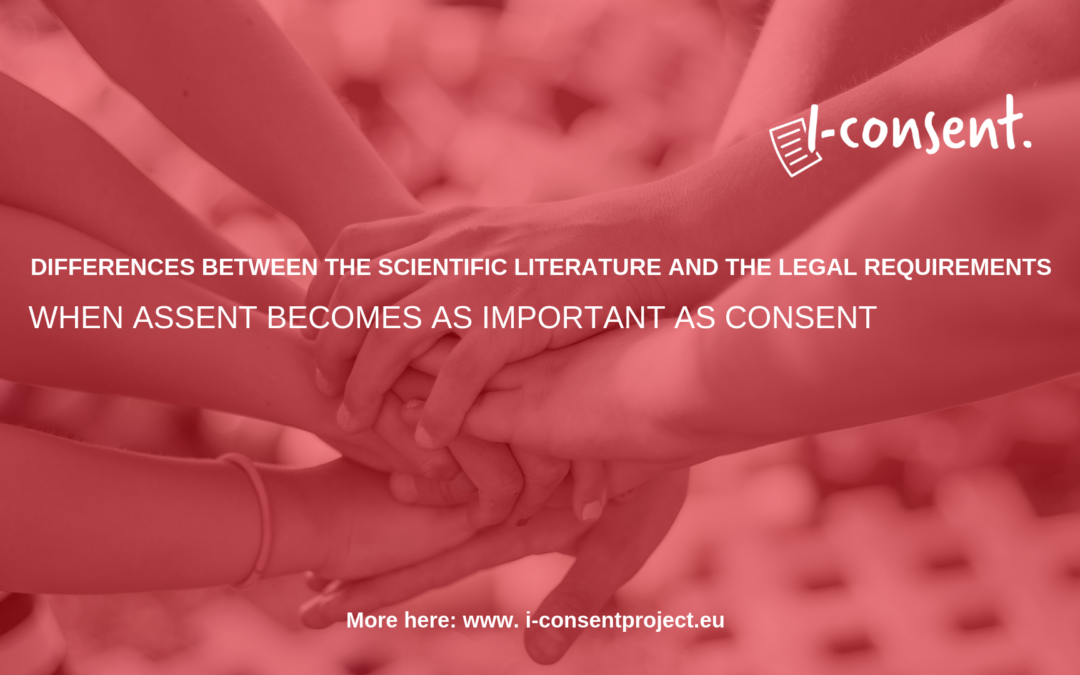Minor’s Assent in Medical Research: Differences between the Scientific Literature and the Legal Requirements
Informed consent in medical studies with minors is a subject of great importance. There is still a debate about the requirements to consider this assent valid and binding.
The informed consent in studies with minors has of two parts. First of all, the minor’s parents or legal guardians have to accept its participation in the study, through informed consent. The second part focuses on the child. He/she should agree to participate in the study, through the assent .

International and European legislation have highlighted the importance of the minor’s representative authorisation. Furthermore, the minor’s opinion will complement this authorisation and will be taken into account «in proportion to his age and maturity». In addition, it also expresses the importance of letting minors express themselves freely.
Accordingly, the scientific literature presents the assent as a process that respects and promotes the child’s autonomy, expresses his/her opinion and makes him/her decide on the health or illness processes that affect them. In short, it empowers them and helps them develop their moral capacity for the autonomous exercise of future decisions.
i-Consent published these conclusions in an article at the Biolaw Journal. Colleagues involved are Jaime Fons-Martínez (Fisabio), Fernando Calvo Rigual (Fisabio) , Javier Díez-Domingo (Fisabio) , Leonardo Nepi (Lumsa), Loredana Persampieri (Lumsa) , Cristina Ferrer-Albero (UCV).
Find the whole text here: http://rivista.biodiritto.org/ojs/index.php?journal=biolaw&page=article&op=view&path%5B%5D=399&path%5B%5D=325
